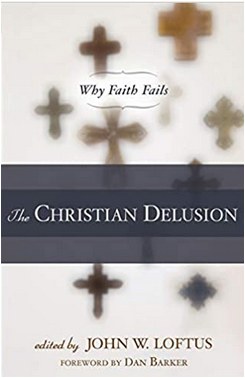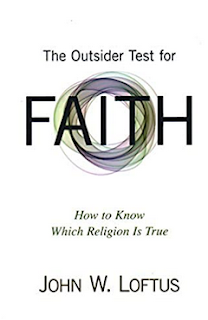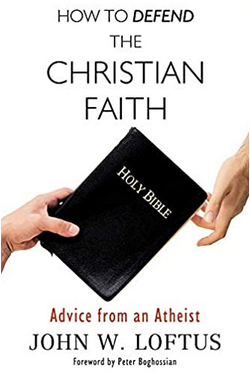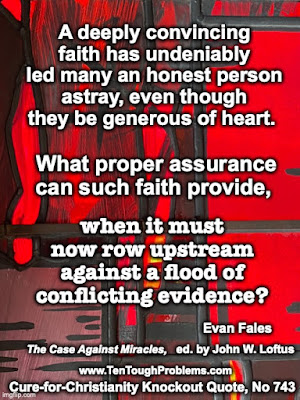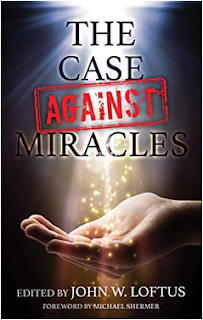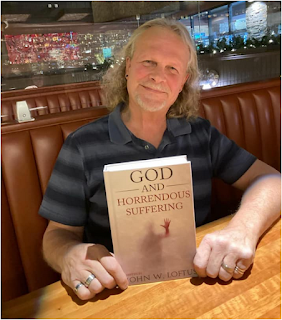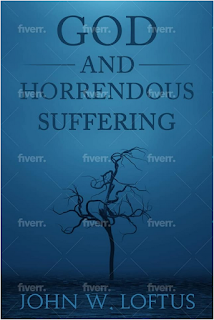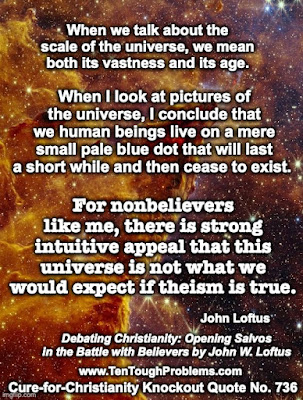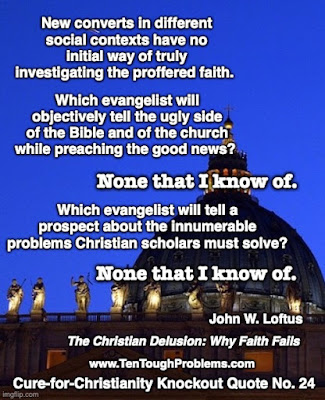Why I Became an Atheist: A Former Preacher Rejects Christianity

I'm done writing and editing books, so I'm highlighting each one of them in thirteen separate posts.
My first published book, Why I Became an Atheist: A Former Preacher Rejects Christianity, is my magnum opus! If you don't have it you're missing out on what I consider to be my most important work. Pictured is the 2nd edition published in 2012. The 1st edition was published in 2008. Very rare is an atheist book that gets a second edition!
I'm described as a "Former Preacher" in the title. I'm not just a preacher though. I'm a philosopher with several advanced degrees and plenty of classroom time as an instructor of philosophy, ethics, critical thinking, western literature, apologetics, hermeneutics, and a few Bible classes. I taught for the Trine University, Kellogg Community College, Lincoln Christian College, and Great Lakes Christian College. So the words "Former Preacher" don't fully describe me, even though I was in the ministry for about 15 years, mostly while I was also teaching. I had wanted my publisher to call me a "Former Apologist" but they thought few people understood what that means.
I started teaching philosophy and ethics classes in 1985, first for the College of Lake County, in Grayslake, Illinois. In my first class I lost about half my students. As I think back, it was probably due, in part, because I was a flaming evangelical. A larger factor was because the students could not understand me. Yep, that's right. Being in a Ph.D. program at Marquette University, after earning three masters degrees, I didn't know how to bring the information down to college students. So I thought my teaching career was over before it began. Luckily the chair of the philosophy department told me this happens more often than not for first time philosophy instructors. *Whew*
Over time I became an expert teacher, bringing highly complex ideas down to first year students. I eventually learned how to communicate to the average educated person in the pew. My goal was, and is now, to keep it as simple as possible without being simplistic. The problem with this goal is that there are some elitist readers who think I'm ignorant, for if I was smarter and better educated it would reflect in my vocabulary. Smart, highly educated people, it's assumed, use the nomenclature requisite with their educational achievements.
You can see this same "dumbing down", as the elitists call it, reflected in my writings. While I could use technical philosophical language, and quote from the original Hebrew and Greek languages in the Bible, I found that so long as I was accurate I didn’t need to impress people by writing for the scholars.
This is reflected in a few blurbs for my books.

